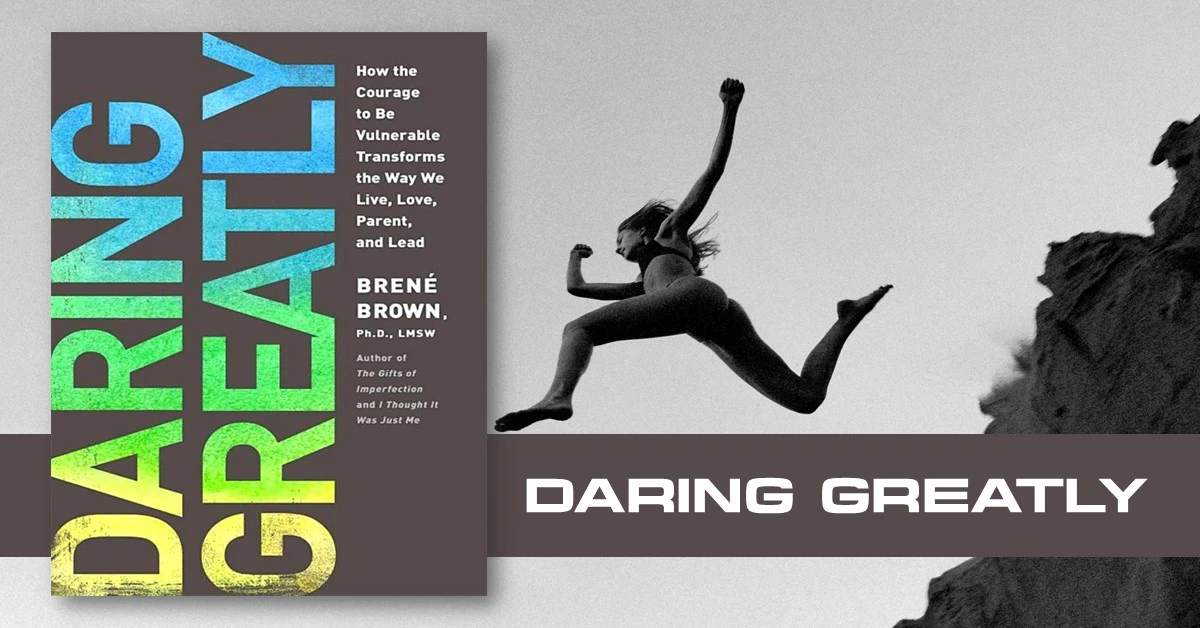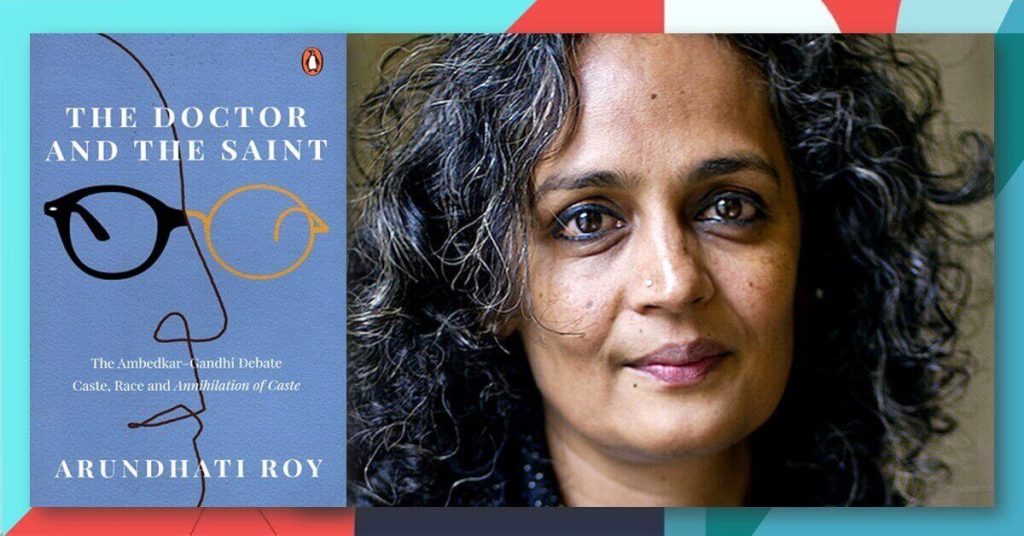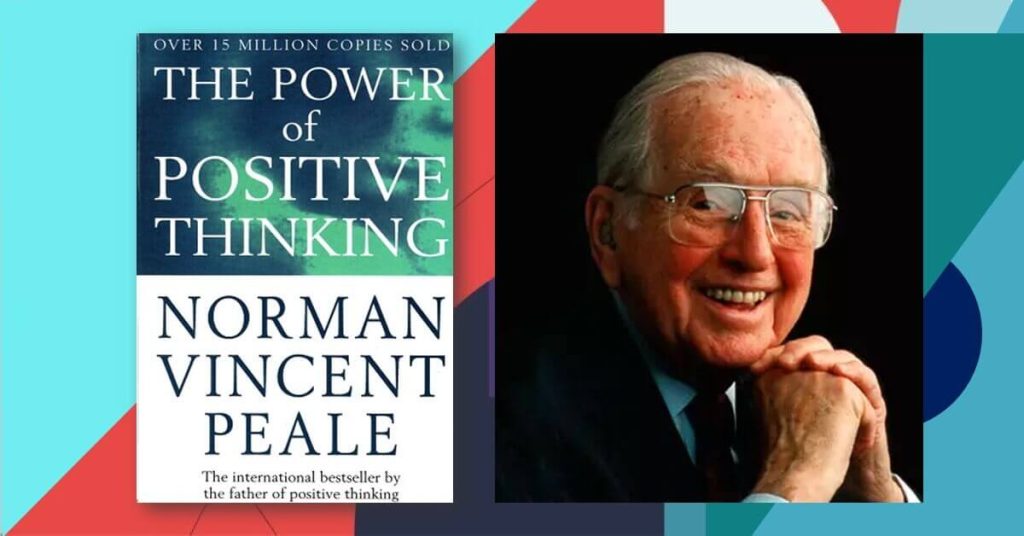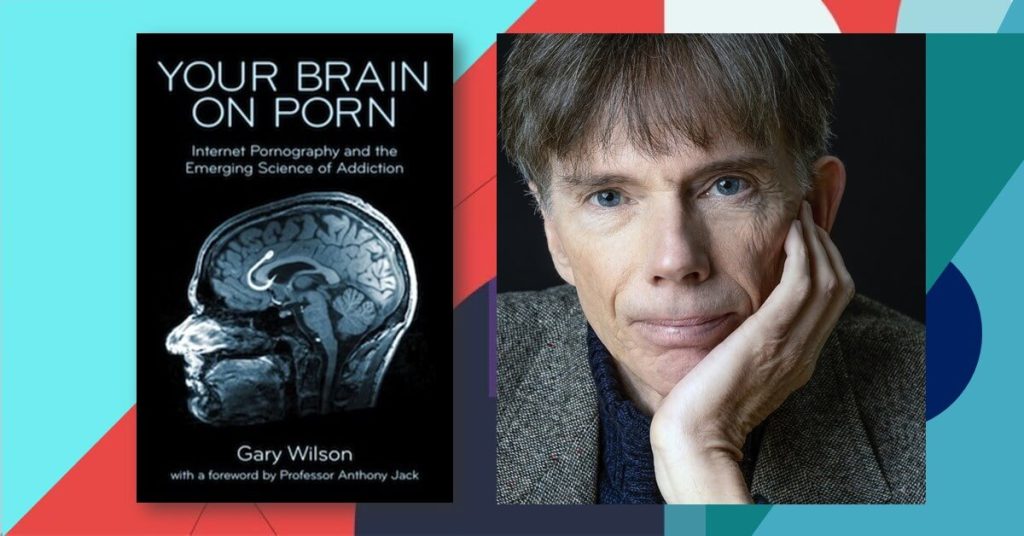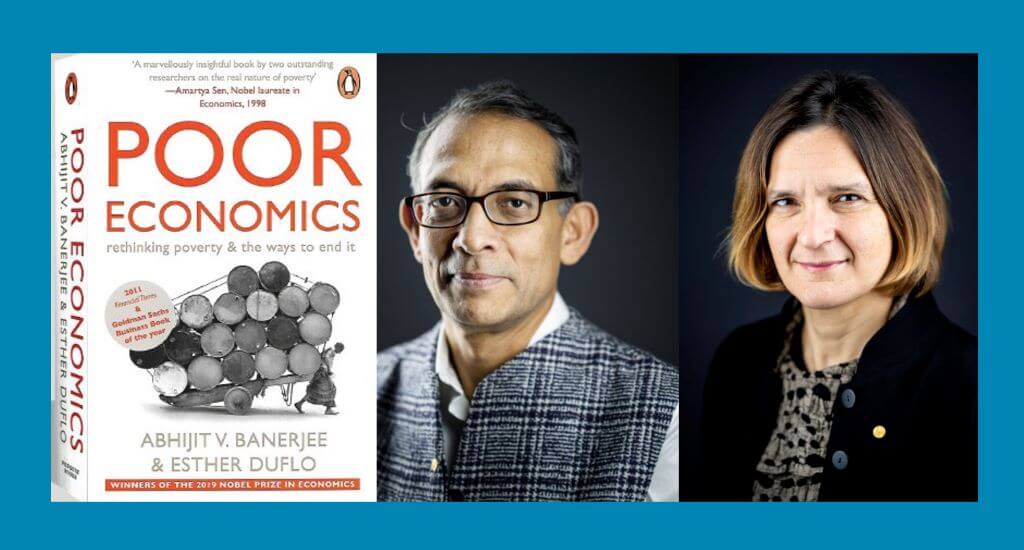Daring Greatly by Brené Brown is not merely a book; it is an invitation to engage in the raw and transformative power of vulnerability. From the very first pages, Brown challenges the deeply entrenched societal notion that vulnerability equates to weakness.
Instead, she argues with conviction and clarity that vulnerability is the birthplace of courage, creativity, and connection. I found myself both startled and comforted by her assertion that “vulnerability sounds like truth and feels like courage. Truth and courage aren’t always comfortable, but they’re never weakness.”
These words resonate deeply because they confront the inner conflict I, like many, have wrestled with—the fear of exposing my imperfections while longing for authentic connection
In reflecting on my own life, I recognize the profound truth of Brown’s insights. There is a paradox in our existence: we yearn to be seen and known but are terrified of being judged and rejected. Brown’s work shines a compassionate light on this paradox, illustrating how our armor—the defenses we build to shield ourselves—ultimately isolates us. She invites us to dare greatly, to show up as our flawed yet wholehearted selves. This is not an abstract intellectual exercise; it is a personal revolution. As I turned each page, I felt a steady dismantling of the walls I’ve built over years of striving for perfection, walls that have not protected but rather imprisoned me.
Her research-based reflections gave me permission to be human, flawed, and still worthy of love and belonging.
Brené Brown’s Daring Greatly doesn’t just redefine vulnerability—it dismantles the myths we cling to and invites us to embrace a transformative way of being. Through her research and storytelling, Brown uncovers truths that resonate deeply with anyone who has ever wrestled with shame, fear, or the relentless pursuit of perfection. Here are ten lessons that surprised me, not only for their profound insights but for the ways they challenged and inspired personal growth.
10 Surprising Lessons from Daring Greatly: Why Vulnerability Isn’t Your Enemy
1. Vulnerability is the Root of True Courage
Contrary to the belief that vulnerability signals weakness, Brown argues that it is the essence of bravery: “Vulnerability sounds like truth and feels like courage. Truth and courage aren’t always comfortable, but they’re never weakness.” This challenged my own perception of strength, which for years was tethered to stoicism and control.
I’ve since realized that speaking honestly, even when it terrifies me, is where my truest self resides.
At the heart of Daring Greatly, Brown emphasizes that vulnerability is not something to be avoided; rather, it’s at the core of all meaningful human experiences. Vulnerability, she explains, is “uncertainty, risk, and emotional exposure”. We often associate these feelings with discomfort, but they are the very conditions necessary for courage, love, and creativity.
Think of the times in life where you felt most alive—chances are, they were moments filled with uncertainty and exposure. Whether it’s telling someone you love them, starting a new project, or sharing a part of yourself that you’ve hidden, vulnerability is where growth happens.
2. The Myth of Perfection is a Trap
Brown challenges the societal myth that perfection is attainable and desirable. Many of us wear perfectionism as armor, thinking it will protect us from shame and judgment. In reality, this pursuit of flawlessness stifles authenticity and connection.
Brown writes, “Perfect and bulletproof are seductive, but they don’t exist in the human experience. Rather than sitting on the sidelines and hurling judgment and advice, we must dare to show up and let ourselves be seen. This is vulnerability. This is daring greatly”. This insight helped me realize that my need for control was actually a barrier to being present and authentic in relationships.
Perfectionism, Brown warns, isn’t about striving for excellence; it’s a shield we use to avoid shame. She explains, “Where perfectionism exists, shame is always lurking.” This hit me hard, as I’ve spent years trying to prove my worth through achievements and untrue stories. This is the kind of mindset Carol Dweck talks about in her book Mindset.
Brown’s words helped me see that letting go of perfection allows for genuine relationships to flourish.
3. Shame Thrives in Silence
“Shame needs three things to grow: secrecy, silence, and judgment,” Brown writes. This insight felt like a mirror reflecting my own struggles. I’d often internalized failures and insecurities, believing they made me unworthy.
Brown’s work also highlights the difference between shame and guilt, with shame being far more destructive. While guilt focuses on behavior (“I did something bad”), shame attacks the core of who we are (“I am bad”).
Brown explains, “Shame derives its power from being unspeakable”. Once we talk about our shame, its grip on us weakens. This has been true in my own life—talking openly about my vulnerabilities has always lessened their power.
Learning to name and share these feelings—with trusted individuals—has been liberating.
4. Scarcity Culture Breeds Fear
Brown observes that we live in a “never enough” culture: never thin enough, smart enough, successful enough. This scarcity mindset feeds our fear of vulnerability. Brown’s challenge to practice gratitude as an antidote was transformative for me, helping me focus on abundance rather than inadequacy.
5. Empathy Dissolves Shame
One of the book’s most powerful lessons is how empathy disarms shame. Brown writes, “If we can share our story with someone who responds with empathy and understanding, shame can’t survive. Self-compassion is also critically important, but because shame is a social concept—it happens between people—it also heals best between people. A social wound needs a social balm, and empathy is that balm. Self-compassion is key because when we’re able to be gentle with ourselves in the midst of shame, we’re more likely to reach out, connect, and experience empathy.”
I’ve seen this firsthand; a friend’s compassionate response to my fears made me feel seen and valued in a way I hadn’t thought possible.
6. Authenticity is a Daily Practice
Living authentically is not a one-time decision but a continual choice to show up as we are. Brown’s words, “Authenticity is a collection of choices that we have to make every day,” underscored how often I’d sacrificed my true self for acceptance. Her perspective emboldened me to prioritize authenticity over approval.
7. Numbing Vulnerability Numbs Joy
We often try to escape pain by numbing ourselves, whether through distractions, overworking, or other coping mechanisms.
Brown’s revelation that “we cannot selectively numb emotions” struck a chord. When we numb vulnerability, we also numb joy, connection, and love. This realization pushed me to confront discomfort instead of avoiding it.
In today’s world, we often numb our vulnerabilities through distractions—whether that’s constant busyness, overworking, or even substance use. Brown warns that “we cannot selectively numb emotions”. When we numb vulnerability, we also numb joy, love, and connection. This was a wake-up call for me to reassess how I’ve used distractions to avoid emotional discomfort and the ways it diminished my capacity for happiness.
In her words: “And numbing vulnerability is especially debilitating because it doesn’t just deaden the pain of our difficult experiences; numbing vulnerability also dulls our experiences of love, joy, belonging, creativity, and empathy. We can’t selectively numb emotion. Numb the dark and you numb the light. If you’re also wondering if numbing refers to doing illegal drugs or having a few glasses of wine after work—the answer is yes.”
8. Shame is Universal, But It Can’t Define Us
Brown’s research shows that shame is a universal emotion, something we all experience. However, it doesn’t have to define who we are.
The key to overcoming shame is cultivating what Brown calls “shame resilience”—the ability to recognize shame, talk about it, and move through it. She explains, “The antidote to shame is empathy”. Knowing that we are not alone in our struggles and that others can offer understanding has been transformative in my personal experience with shame.
9. Leadership Requires Vulnerability
Leadership, according to Brown, demands vulnerability: “What we know matters, but who we are matters more. Being rather than knowing requires showing up and letting ourselves be seen. It requires us to dare greatly, to be vulnerable.”
As someone navigating leadership roles, this reframed my understanding of what it means to inspire others. Sharing my struggles rather than hiding them has created deeper trust within my teams.
In the workplace, vulnerability is often viewed as a liability, but Brown flips this notion on its head. She argues that vulnerability is essential for leadership, as it fosters trust, creativity, and innovation. Leaders who model vulnerability create an environment where employees feel safe to take risks and voice new ideas.
As Brown puts it, “To reignite innovation and passion, we need to rehumanize work”. This reframing has challenged my own ideas about leadership and control in professional settings.
10. Wholehearted Living Demands Vulnerability
At its core, Daring Greatly is about living wholeheartedly—embracing vulnerability despite the risks of failure or rejection. Brown’s message is clear: the rewards of authenticity far outweigh the cost of hiding. Her words, “To love ourselves and support each other in the process of becoming real is perhaps the greatest single act of daring greatly,” encapsulate the book’s heart.
To live what Brown calls a “wholehearted life”—one filled with purpose, connection, and joy—we must engage with vulnerability daily. Wholehearted people embrace vulnerability as a path to courage, compassion, and creativity. Brown writes, “Wholehearted living is about engaging in our lives from a place of worthiness”. This idea resonates deeply with me, reminding me that embracing my vulnerabilities is a continual practice, one that makes life richer and more authentic.
Key Themes
Vulnerability as Strength
In Daring Greatly, Brené Brown redefines vulnerability not as a weakness but as the birthplace of strength. She shows how our willingness to be vulnerable—to face uncertainty and risk emotional exposure—is the source of our courage.
Vulnerability, she argues, is where our most meaningful experiences originate, from love to creativity. She writes, “Vulnerability is not knowing victory or defeat, it’s understanding the necessity of both”. This assertion is a challenge to societal norms that equate invulnerability with strength. Brown’s call is clear: to live fully and authentically, we must embrace our imperfections and let ourselves be seen.
Personally, I’ve found that vulnerability in my relationships has deepened the trust between myself and others.
By daring to show my true self, with all its flaws and uncertainties, I’ve built stronger, more resilient connections. Brown’s research helps us see that when we hide behind emotional walls, we limit the depth of our human experience.
Shame and Guilt
One of the book’s most profound contributions is its exploration of shame and guilt. Brown explains that while guilt is feeling bad about something we’ve done (“I did something bad”), shame is far more insidious and destructive (“I am bad”).
Shame isolates and diminishes us, making us feel unworthy of love and belonging. Vulnerability is the antidote, offering a way out of shame’s grasp by encouraging us to reveal our true selves and seek connection. Brown writes, “Shame is the intensely painful feeling or experience of believing we are flawed and therefore unworthy of love and belonging”.
By distinguishing between guilt and shame, Brown equips us to live more compassionately with ourselves and others.
In my own life, recognizing this difference has allowed me to approach my mistakes with more self-compassion. Rather than sinking into the quicksand of shame, I’ve learned to acknowledge guilt and make amends, a shift that Brown affirms as transformative in fostering resilience.
Transformative Questions
- What drives our fear of being vulnerable?
Brown reveals that our fear of vulnerability is driven by a scarcity mindset—a belief that we are never enough. Whether it’s fear of failure, rejection, or not measuring up to societal standards, we arm ourselves against the very thing that could bring us joy and connection. She writes, “The greatest casualty of a scarcity culture is our willingness to be vulnerable”.
We fear being exposed as flawed because society rewards perfection and invulnerability, traits that Brown deconstructs as illusory and damaging. - How do we protect ourselves from vulnerability?
Brown describes how we build metaphorical armor to protect ourselves from vulnerability.
We numb our emotions through distractions like busyness, perfectionism, and even substance use. These armors provide a false sense of safety, but they prevent us from experiencing true connection and joy. “Perfect and bulletproof are seductive, but they don’t exist in the human experience”. In my own journey, I’ve often used perfectionism as a shield, only to realize it created distance between myself and others. - What are the costs of disengaging from vulnerability?
Disengaging from vulnerability has a steep cost. According to Brown, when we shut down emotionally, we miss out on authentic relationships, creative opportunities, and personal growth. She stresses, “When we spend our lives waiting until we’re perfect or bulletproof… we squander our precious time, and we turn our backs on our gifts”. This resonates deeply with me, as I’ve seen how avoiding vulnerability has led to missed opportunities in both my personal and professional life. - How can we engage with vulnerability to transform our lives?
Engaging with vulnerability requires courage, but it opens the door to deeper connections, personal fulfillment, and creative breakthroughs. Brown encourages us to embrace imperfection, take risks, and allow ourselves to be seen. She notes, “The willingness to show up changes us. It makes us a little braver each time”. In my own life, the moments when I’ve allowed myself to be vulnerable—whether by admitting a mistake or expressing my fears—have been the moments when I’ve grown the most.
Of Parenting
Parenting is one of the most profound and vulnerable roles we take on in life. Brené Brown’s Daring Greatly takes an honest, unflinching look at what it means to be a parent in a world that often glorifies perfection, while quietly diminishing the necessity of vulnerability.
From my own perspective, Brown’s insights into vulnerability and parenting resonate deeply, challenging many of the myths we have about what it means to be a “good” parent.
Brown’s core message about parenting is beautifully encapsulated in her call to embrace vulnerability as the key to raising wholehearted children. She writes, “What we are ultimately trying to do is raise children who engage with the world from a place of worthiness”. This idea, although simple, is revolutionary in a culture that often prioritizes achievement over authenticity. Brown urges us to redefine success not by external accomplishments but by the ability of our children to show up as their authentic selves, unafraid to be imperfect and vulnerable. Read what Malcolm Gladwell says about who succeeds and why.
Vulnerability as the Heart of Parenting
One of the most significant challenges in parenting is the fear of not being enough. As parents, we constantly struggle with the feeling of inadequacy—whether it’s the belief that we’re not doing enough for our children or that our imperfections might somehow damage them.
Brown emphasizes that this fear stems from a culture of scarcity. We are trapped in a mindset that whispers, “Never enough”—never good enough, never attentive enough, never loving enough. She writes, “Scarcity thrives in a culture where everyone is hyper-aware of lack”. This scarcity mindset infects our parenting as we worry about measuring up to impossible standards set by society.
Brown encourages us to embrace vulnerability in these moments of fear and doubt, recognizing that it is our willingness to be vulnerable that allows us to connect authentically with our children. Instead of pretending to have all the answers, vulnerability in parenting means showing our children that we, too, are works in progress.
Personally, I have found that the times I admit my own mistakes to my children are the moments that build the deepest trust. Rather than pretending to be perfect, I’ve learned to model the courage to apologize and learn, showing my children that failure is a natural part of growth.
The Myth of Perfect Parenting
Brown tackles the pervasive myth that good parenting requires us to shield our children from hardship or ensure their constant happiness.
She reminds us that the real goal is not to raise happy children, but rather children who are resilient and capable of facing the inevitable challenges of life. She writes, “The mandate is not to be perfect and raise happy children. Perfection doesn’t exist, and I’ve found that what makes children happy doesn’t always prepare them to be courageous, engaged adults”. This idea struck me personally, as I often struggle with the impulse to “fix” my children’s problems or shield them from discomfort.
Brown’s approach invites us to reframe these moments of discomfort as opportunities for growth. By allowing our children to experience frustration, disappointment, and even failure, we are giving them the tools to navigate the complexities of life with courage and resilience. This is perhaps one of the hardest aspects of parenting—to watch your child struggle and resist the urge to intervene—but as Brown points out, it is in these moments that we teach our children how to engage with their own vulnerabilities.
Wholehearted Parenting: Daring to Be the Adult We Want Our Children to Be
Brown’s concept of “wholehearted parenting” is one of the most powerful ideas in Daring Greatly. It challenges parents to embody the values they wish to instill in their children.
She writes, “Who we are and how we engage with the world are much stronger predictors of how our children will do than what we know about parenting”. This means that our children learn from our actions far more than our words. If we want our children to be kind, empathetic, and courageous, we must model those behaviors ourselves.
From my own experience, this concept has been both liberating and challenging. It’s easy to instruct our children to be brave or to value connection, but it’s much harder to show them through our own actions, especially when vulnerability feels terrifying. I’ve realized that parenting requires me to confront my own fears—whether it’s the fear of failing as a parent or the fear of not living up to societal expectations. But each time I dare to be vulnerable in front of my children, whether by admitting my fears or apologizing when I’ve fallen short, I am teaching them that vulnerability is not a weakness but a strength.
The Cost of Disengaged Parenting
Brown also speaks to the dangers of disengaged parenting, warning that our reluctance to engage vulnerably with our children comes at a high cost. When we avoid vulnerability, we distance ourselves from the very people we care about most, creating emotional barriers that can be difficult to dismantle. “Imperfect parenting moments turn into gifts as our children watch us try to figure out what went wrong and how we can do better next time,” Brown writes.
This idea has led me to rethink how I approach my own moments of disengagement. There are times when I am distracted, tired, or overwhelmed, and I choose to shut down rather than engage emotionally with my children.
But Brown’s work reminds me that even in these imperfect moments, I have the opportunity to model vulnerability by admitting when I’m struggling and reconnecting with my children in honest, authentic ways.
Final Thoughts: Raising Wholehearted Children
At its core, Daring Greatly is a guide for parents who wish to raise wholehearted children—children who believe they are worthy of love and belonging, even when they make mistakes. Brown’s call to embrace vulnerability in parenting is both a challenge and an invitation.
It invites us to step into the arena with our children, to show up with our whole hearts, and to trust that in doing so, we are giving them the greatest gift: the courage to be vulnerable and the confidence to be themselves.
For me, the greatest takeaway from Daring Greatly is the reminder that parenting is not about perfection but about connection. It’s about showing up, being seen, and daring to love wholeheartedly, even when it’s messy. And in the end, that’s what makes parenting not just a role, but a profoundly human journey.
Reception and Impact
Daring Greatly has been widely acclaimed for its accessible and research-backed insights.
It has resonated across different spheres, from corporate leadership to personal relationships. As Brown herself shares, vulnerability is crucial not only for personal well-being but also for fostering innovation and engagement in professional settings. By challenging the cultural stigma around vulnerability, Brown has helped thousands embrace a more wholehearted way of living.
The book’s impact is felt deeply in how it empowers people to show up authentically and cultivate deeper, more meaningful connections.
Brown’s work has personally challenged me to reevaluate my own approach to vulnerability. It’s no longer something to be feared but a source of strength. Each time I dare greatly, I am reminded of Roosevelt’s words, echoed throughout Brown’s book: “It is not the critic who counts… but the man who is actually in the arena, whose face is marred by dust and sweat and blood”.
To live fully is to engage, to embrace vulnerability with all its discomfort, and to know that we are worthy of love and belonging, imperfections and all.
Conclusion
Finally, I would say Daring Greatly invites us to redefine courage and strength by embracing vulnerability. It teaches us that the cost of disengagement is too high and that the path to meaningful living lies in daring to show up, imperfections and all.
Reading Daring Greatly felt like a personal reckoning, a call to strip away the protective layers and show up fully in my life.
These lessons are not merely ideas; they are practices that demand courage, consistency, and compassion—for ourselves and for others. Brené Brown’s work doesn’t promise easy answers, but it does offer a path to a more authentic and fulfilling life, one daring act at a time.
